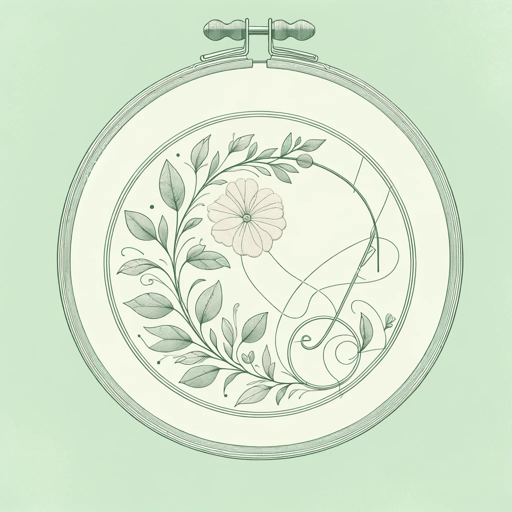54 pages • 1 hour read
Jennifer RobsonThe Gown
Fiction | Novel | Adult | Published in 2018A modern alternative to SparkNotes and CliffsNotes, SuperSummary offers high-quality Study Guides with detailed chapter summaries and analysis of major themes, characters, and more.
Important Quotes
“She couldn’t help it, though. It was exciting. She was an ordinary girl from barking, the sort of girl who usually ended up working in a factory or shop for a few years before getting married and settling into life as a wife and mum. Yet by some twist of fate she had ended up working for the most famous dress designer in Britain, had risen to one of the most senior positions in his embroidery workroom, and had helped to create gowns that millions of people admired and coveted.”
(Chapter 1, Page 4)
Even though Ann is an ordinary girl, she has elevated herself enough by her talents to work on the queen’s dresses, something she could never have dreamed of as a girl. This attitude shows The Consequences of Classism in postwar England, where one’s position and esteem in society are set at birth. Ann also shows her love of royalty here and that she feels lucky to have a steady job in the difficult economic times of postwar Britain.
“Then the spun-out wretchedness of the years that followed, and all the while her certainty had grown that this was all she would ever know. The house on Morley Road and the workrooms at Hartnell, and the anonymous spaces in between. This life, this succession of gray days and cold nights and loved ones forever lost, was the furthest her dreams would ever stretch.”
(Chapter 1, Page 7)
Ann has been beaten down by the war and the postwar economy, which shows how hard life in Britain is. Ann has lost so much that she can’t dream of better things to come. This dreary statement encapsulates Ann’s state of mind at the beginning of the book; she doesn’t expect anything to change.
“I do know I wouldn’t trade places with them for all the…well, for all the coal and tea and electricity in the world […] I wouldn’t mind being rich. But for everyone to know my name and expect something from me? Watch every move I make? That’d be awful.”
(Chapter 1, Page 9)
Ann and Milly are arguing about the royals. Ann wouldn’t trade places with them despite their wealth because she can’t imagine the pressure that comes with it and how stressful that would be. Ann is sympathetic toward the royals despite their unearned wealth, and she demonstrates the prevailing royalist sympathies of the time.

